PORTO CANCER MEETING
PREVIOUS EDITIONS
26th PORTO CANCER MEETING 2019
PORTO CANCER MEETING 2019 | MENU
Speakers
26th PORTO CANCER MEETING 2019
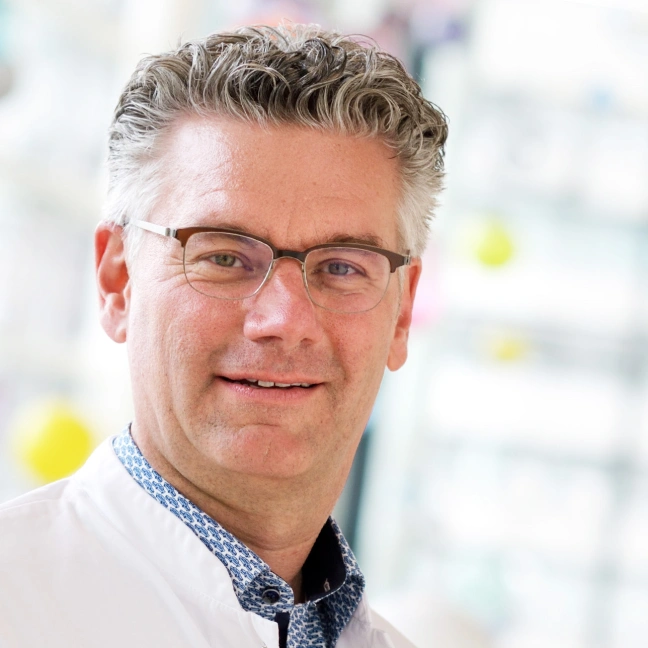
Christian Blank
The Netherlands Cancer Institute, Dep. Medical Oncology and Div. Molecular Oncology and Immunology, The Netherlands
Christian Blank obtained his MD from the Medical School of the Technical University Munich, Germany, where he also completed his Doctoral thesis (summa cum laude) at the Department for Medical Microbiology and in 1997.
As a Junior House Officer (1997–1998) Dr Blank held four positions at the Departments of Cardiology and of Radiology at the University Clinic Munich Rechts der Isar, Munich, the Accident and Emergency (A&E) Departments at the Royal Infirmary of Edinburgh, Scotland, and the University of Birmingham, England, UK. He went on to attain the position of Physician at the Department of Haematology and Oncology, University of Regensburg, Germany (1998–2001). During 2001–2003, Dr Blank held a Postdoctoral Research Fellowship at the lab of Professor Thomas Gajewski, University of Chicago, IL, USA. Subsequently, he was appointed as Physician and Research Group Leader at the Department of Haematology and Oncology, University of Regensburg, Germany (2003–2007).
Dr Blank has obtained two Specialist Degrees in Internal Medicine (2007) and in Haematology/Oncology (2009). Since 2007, he has been appointed Staff Member at the Department of Medical Oncology, and Group Leader at the Division of Immunology, The Netherlands Cancer Institute – Antoni van Leeuwenhoek Hospital (NKI-AVL), A
In 2010, Dr Blank became University Lecturer (Privatdozent) at the University of Regensburg. In addition to his academic background, Dr Blank obtained his Master of Business Administration (MBA), from the University of Warwick, England, UK (2006). Dr Blank is committed to teaching, lecturing on medical courses at the NKI-AVL and the Medical School of the University of Regensburg, where he was appointed Professor in 2015.
He is a member of several prestigious societies, including ESMO and ASCO. Dr Blank has been an invited speaker at more than 100 national and international congresses and is the author of more than 100 publications. His research interests broadly include targeted and biological response modifiers in melanoma, and prognostic markers in melanoma.
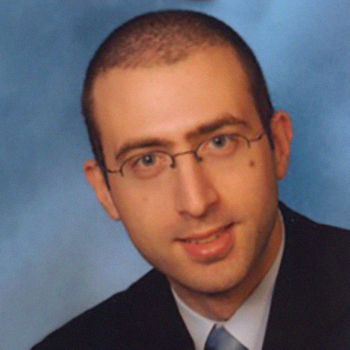
Dimitrios Mougiakakos
Department of Medicine 5 – Hematology and Clinical Oncology, University of Erlangen, Erlangen, Germany
Dimitrios Mougiakakos is the department’s managing attending and professor for tumor immunology. His has a long standing interest in tumor immunology, performed his postdoctoral training at the Karolinska Institutet, and subsequently established his own independent research group for “Translational Tumor- and Transplantation Immunology” at the University of Erlangen-Nuremberg. His group studies the immune system in cancer and following stem cell transplantation while focusing on immunometabolism.
Tumors can impact immune responses and thereby escape from immunosurveillance. A better understanding of the underlying mechanisms shall help us to develop innovative immune-based therapies against cancer. Furthermore, we seek out to utilize our insights from tumor biology for a targeted immunological fine-tuning. Those approaches could represent the foundation for novel experimental interventions against Graft-versus-Host disease that affects transplanted patients and that can be difficult treat.
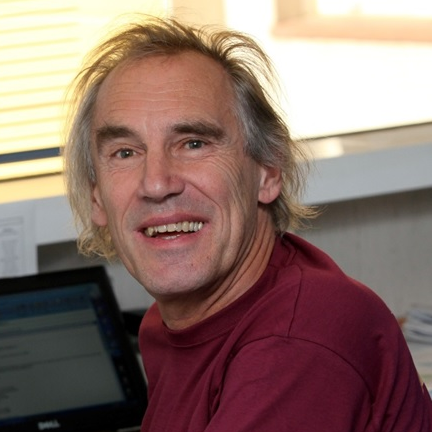
Erwin Wagner
Medical University Vienna, Austria
Erwin Wagner (EW) is University Professor and Group Leader at the Medical University Vienna in the Department of Dermatology and Department of Laboratory Medicine since January 2019. EW obtained his PhD in 1978 for his studies on bacterial genetics in Berlin. He did his postdoctoral training with Beatrice Mintz in Philadelphia (1979-83), became a Group Leader at the EMBL in Heidelberg (1983-88) and from 1988-2008 he was Founding Member and Deputy Director at the IMP in Vienna, Austria.
Since 2008 he was Vice Director (2008-11) and Director of the Cancer Cell Biology Program at the CNIO in Madrid (2008-2018). His work focuses on understanding gene functions in mammalian development and disease/cancer, employing genetic mouse models for human diseases as well as using human patient samples.
His work has a strong focus on defining the functions of the AP-1(Fos/Jun) transcription factor complex in inflammation, metabolism and cancer, in particular in liver, lung and skin. Recently he has initiated studies into the mechanisms of metabolic dysfunction and the role of the immune system in Cancer-Associated-Cachexia. EW has published more than 330 articles and has an H-factor of 110; he received numerous awards among them the EMBO Medal (Heidelberg), the Max-Planch Research Award (Munich), the Brupbacher Research Award (Zürich) and 2 ERC-AdGs.
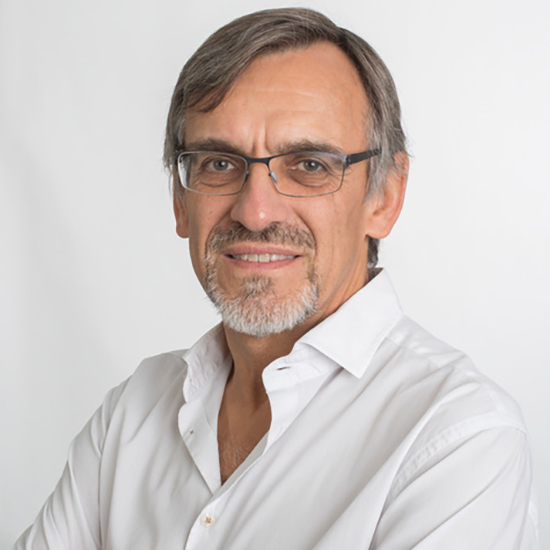
Francisco X. Real
Spanish National Cancer Research Centre / Universitat Pompeu Fabra, Barcelona, Spain
Francisco X. Real obtained his M.D. and PhD from the Universitat Autònoma de Barcelona i. He trained in Medical Oncology at Memorial Hospital in New York and carried out his doctoral and postdoctoral work in the laboratory of Lloyd J. Old at Memorial Sloan-Kettering Cancer Center. In 1986 he was appointed to the staff of Memorial Hospital. His work focused on the development of immunological strategies for the treatment of melanoma and epithelial cancers. In 1988 he joined the Institut Municipal d’Investigació Mèdica, Barcelona, where he focused on the cell and molecular biology of epithelial cancers.
He is a Professor of Cell Biology at the Universitat Pompeu Fabra since 2004. In 2007, he joined the CNIO, in Madrid. His group has made significant contributions on the molecular and cellular mechanisms involved in pancreatic cancer and in pancreatitis and the molecular pathology and epidemiology of bladder and pancreas cancer. He has published more than 250 original papers and is a member of the Editorial Advisory Board of Gut, Bladder Cancer and PLOS One.
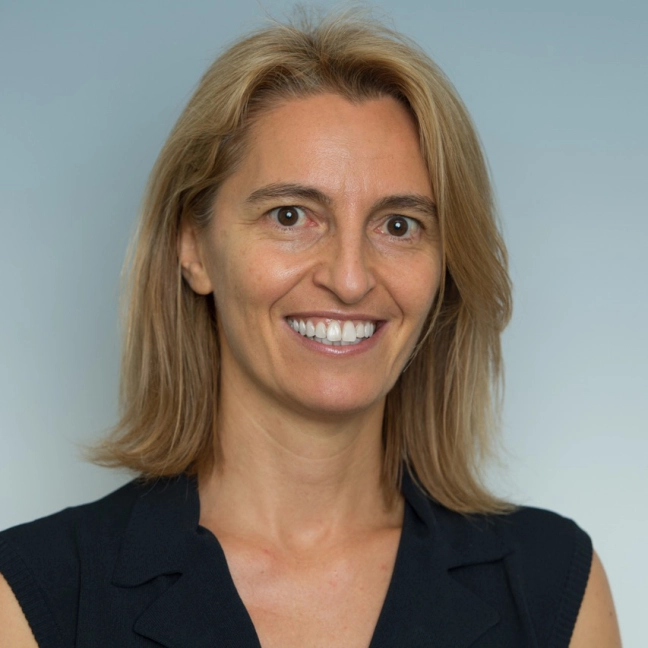
Giandomenica Iezzi
Ente Ospedaliero Cantonale and Università della Svizzera Italiana, Switzerland
Giandomenica Iezzi is leading the Translational Research group of the Department of Surgery, at the Ente Ospedaliero Cantonale in Lugano. Her research focuses on dynamics of tumor-immune system interaction in human gastrointestinal cancers, in particular colorectal cancer, and their modulation by gut microbiota.GI holds an MD and postgraduate training in Clinical Immunology. She has been research fellow at the Basel Institute for Immunology and at the ETH Zürich. Since 2011 she is an independent group leader, first at the University of Basel and presently at the Università della Svizzera Italiana in Lugano. She is the author of more than 60 peer-review articles and co-inventor of several patents. She is member of different oncological and immunological association and serves as reviewer for leading journals in and numerous international funding agencies.
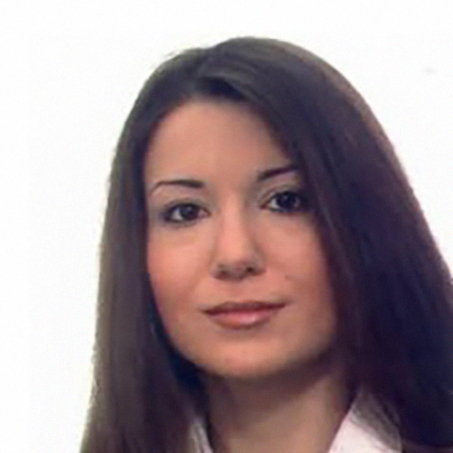
Ioanna Keklikoglou
Swiss Institute for Experimental Cancer Research, School of Life Sciences, École Polytechnique Fédérale de Lausanne, Switzerland
Ioanna Keklikoglou is a senior post-doctoral scientist at the tumor microenvironment laboratory led by Prof Michele De Palma, at the Swiss Institute for Experimental Cancer Research, which is integrated into the Ecole Polytechnique Fédérale de Lausanne (EPFL). Our laboratory has a long-standing interest in studying the interactions between malignant cells and the normal host tissues in which tumors arise, progress and develop to metastatic disease.
During her post-doctoral training, IK has developed an active interest in the cross talk between malignant cells and the vascular system, immune cells, and secreted extracellular vesicles, and the mechanisms whereby these heterotypic interactions regulate tumor progression in experimental cancer models.IK has a BSc in Biology from the Aristotle University of Thessaloniki (Greece) and holds a PhD in Molecular Biology from the Ruprecht-Karls University of Heidelberg (Germany).
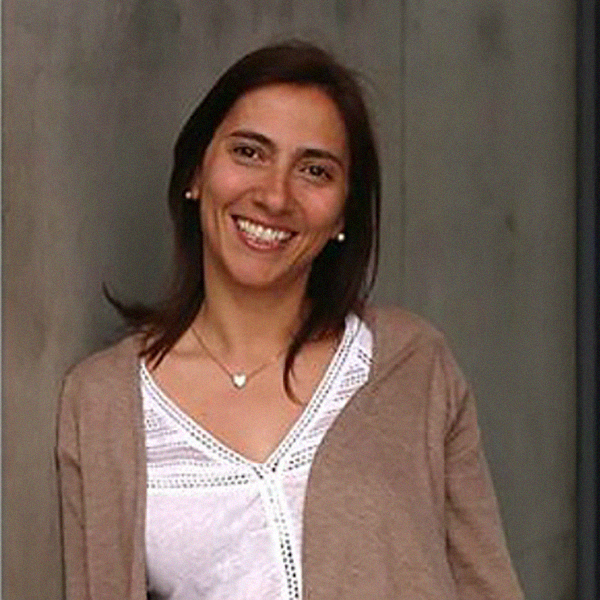
Joana Paredes
i3S – Instituto de Investigação e Inovação em Saúde / Ipatimup, Portugal
Joana Paredes is Principal Investigator and core CV of the Epithelial Interactions in Cancer group at i3S, Porto, Portugal. Her research is mainly focused on understanding how cell adhesion molecules regulate cancer cell invasion, metastatic capacity, and cancer stem cell biology, as well as their crosstalk with the tumor microenvironment.
Joana Paredes graduated in Biology at Coimbra University and holds a PhD in Human Biology from the Medical Faculty of Porto University. For 4yrs, she worked at the Cancer Research Lab of Gent University (Belgium) and at Ipatimup (Porto, Portugal), both reference labs in cell adhesion molecules and cancer. She then performed a postdoc in oncobiology and started her research career as an independent scientist in 2010.
Joana Paredes is co-author of 64 publications in international peer-review journals, with more than 2000 citations and a h-index of 28. She is Vice-President of ASPIC (Portuguese Association for Cancer Research) and member of the Direction of SPCE-TC (Portuguese Society of Stem Cells and Cell Therapy). Currently, she is leading the CANCEL_STEM national consortium entitled: “Tackling Cancer Stem Cells: a challenge and an opportunity to advance in anti-cancer therapy”.
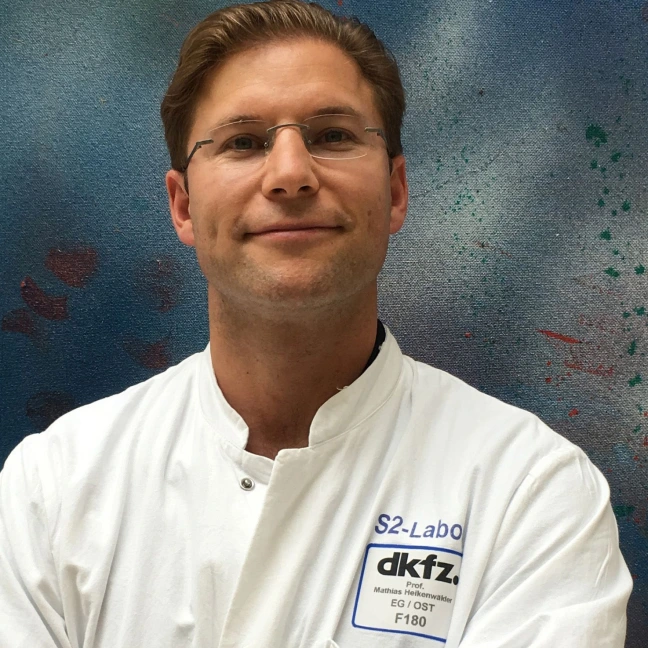
Mathias Heikenwälder
German Cancer Research Center, Germany
Prof. Mathias Heikenwaelder is a trained molecular biologist and microbiologist, with expertise in immunology, pathology and a strong link to translational research evoked by 10 years of work and expertise in a Pathology Institution (Clinical Pathology, University Hospital Zurich, Switzerland). Since October 2015 he is Department Head at the German Cancer Research Center (DKFZ) in Heidelberg focusing on the link between chronic inflammation and cancer, with the main focus on liver cancer. Prof. Heikenwaelder’s laboratory aims at understanding the different immune signatures of chronic inflammatory human diseases driving tissue damage and cancer using patient material and relevant preclinical mouse models. This is done with the final aim to generate valid pre-clinical models of chronic inflammation induced tissue damage and cancer, used for pre-clinical research. Thus, his laboratory focuses on comparative studies of tissue specimen of human patients and animal models, recapitulating human disease on a histo-pathological and pathophysiological level. Their main focus is the understanding of the pathophysiology of primary and metastatic liver cancer and possible treatment thereof.
Prof. Heikenwaelder’s lab engages in classical molecular biology techniques complemented with sophisticated ways to receive as much information from tissue samples through histology (e.g. light microscopy/ immune fluorescence/ FISH/ in situ hybridization), histo-cytometry (a combination of Flow cytometry and histology), single cell analysis and other in vivo imaging techniques (e.g. MRI, IVIS, ultrasound) as well as through FACS analyses of tissue homogenates. At the same time, they are also interested in investigating cells in situ to analyze their metabolome or transcriptome on a single cell level in situ.
Moreover, Prof. Heikenwaelder’s team tries to understand the systemic functional effects of pathologies and the interplay between several affected non-lymphoid tissues and the immune system (e.g. liver-gut; muscle-liver). Finally, testing several therapeutic compounds in a single but also combinatorial fashion is one of their goals employing established and stratified pre-clinical mouse models. Prof. Heikenwalder has received several prizes and grants including an ERC Starting, an ERC consolidator grant.
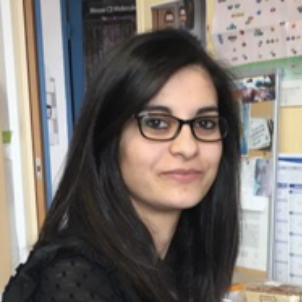
Meriem Messaoudene
Centre de Recherche du Centre Hospitalier de l’Universite de Montreal, Canada
Dr Meriem Messaoudene is specialized in human tumor immunology since her basic training at université Pierre et Marie Curie and Institut Pasteur (Paris, France). After a PhD training program at université Paris XI in NK cells and human metastatic melanoma, she undertook a post-doctoral study on the efficiency of the new class of T cell bispecific antibodies in breast cancer at Pr. Laurence Zitvogel’s lab (Institut Gustave Roussy, France) with a close collaboration to study the impact of the microbiota in the efficiency of the immune checkpoint blockades in NSCLC. Since 2018, she has started a post-doctoral at CRCHUM (Montreal, Canada) on microbiota and cancer in the lab of Dr Bertrand Routy with the challenge to develop new therapeutic strategies to safely increase ICB response through the manipulation of microbiota.
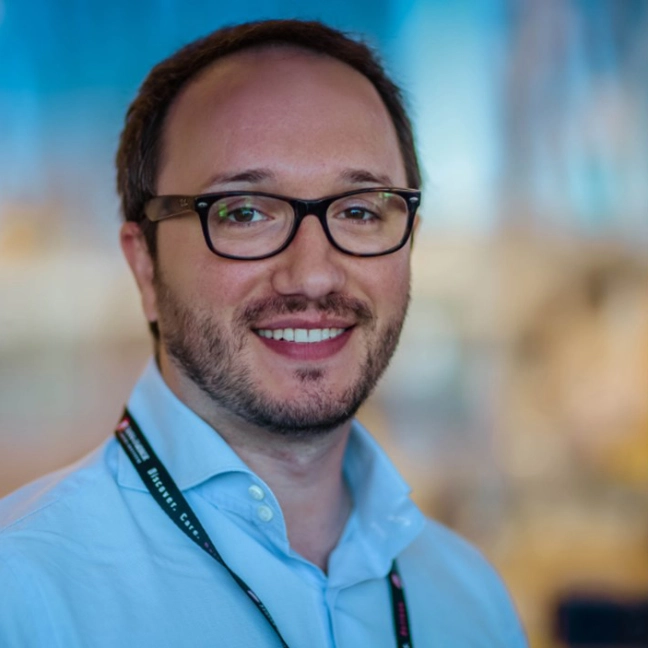
Pablo Martinez
Clinical Development Oncology, MedImmune, Gaithersburg, EUA
Pablo Martinez is an Associate Director at the Department of Clinical Development Oncology at MedImmune HQ. He designs innovative clinical trials to develop more rationale for new therapies against cancer in a more dynamic process and is responsible for the platform studies in Non-Small Cell Lung Cancer exploring new drug combinations in non-metastatic NSCLC. Before his position at MedImmune PM had more than 10 years of academic experience in clinical and translational research. He has two MSc, one in Molecular Oncology and the other in Advanced Immunology. After obtaining his PhD he expended two years at Dana-Farber Cancer Institute at Pasi Janne’s Lab. He co-authors more than 25 peer-reviewed articles and has more than 800 citations. He is a member of different immunological and oncological societies.
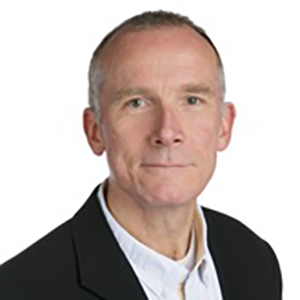
Paul W. O’Toole
School of Microbiology and APC Microbiome Ireland, University College Cork, Ireland
Following positions in Sweden, Canada, New Zealand and the US, Paul O’Toole is Professor of Microbial Genomics at University College Cork, Ireland. His main research theme is the genomics of gastrointestinal bacteria in humans with emphasis on lactobacillus genomics; gut microbiota in ageing, colorectal cancer and in IBS.
He has co-ordinated and participated in several major projects that examine the composition and function of the gut microbiota, its reaction to habitual diet, and its relationship to health, functional gastrointestinal disorders, and ageing. The ultimate aim of these investigations is to understand host-microbiome interactions, especially in the context of multi-factorial disease.
He co-ordinated the ELDERMET project (eldermet.ucc.ie), a nationally funded €5M project that established diet-microbiota health interactions in 500 elderly persons, and he leads a project called ELDERFOOD that is investigating novel foods for healthy ageing.
He is a Principal Investigator in the APC Microbiome Institute (apc.ucc.ie), in which he leads projects on microbiota as a modulator of disease risk in ageing and colorectal cancer. He has participated in multiple EU projects. He is a co-founder of 4D Pharma Cork Ltd., which is developing microbiome profiling as an adjunct to health management.
Research in his lab is supported by Science Foundation Ireland, Dept. Agriculture Fisheries and Marine, the Health Research Board, and the European Union.
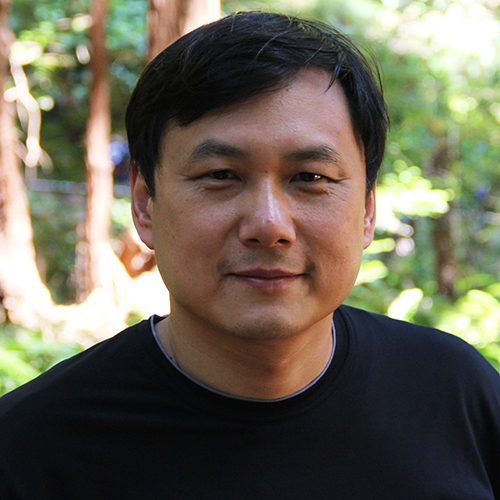
Wei Guo
Department of Biology, School of Arts & Sciences, University of Pennsylvania, Philadelphia, USA
Dr. Wei Guo is a Professor at the University of Pennsylvania Department of Biology. His laboratory has long-standing interest in the molecular basis and regulatory mechanisms of vesicular trafficking and tumor cell invasion. He has applied the basic cell biological principles to the understanding of cancer, especially melanoma. Taking a multidisciplinary approach that combines biochemistry, biophysics, genetics, and advanced microscopic imaging, his laboratory has made fundamental discoveries that contributed to the molecular understanding of cancer metastasis, melanoma drug resistance, and more recently tumor immune evasion.

